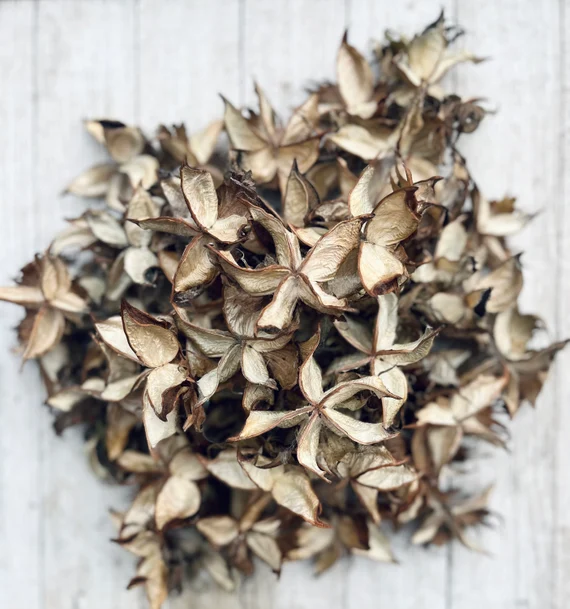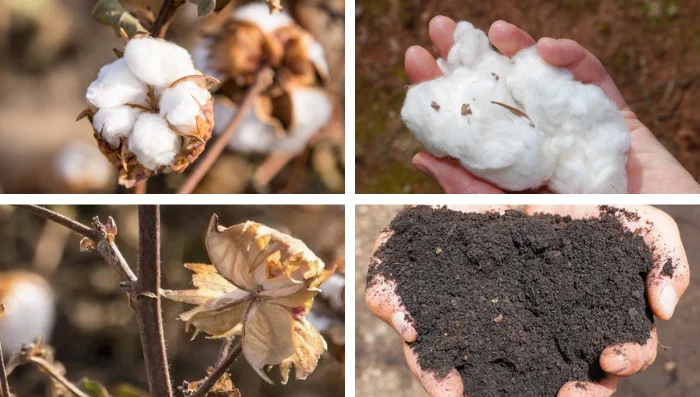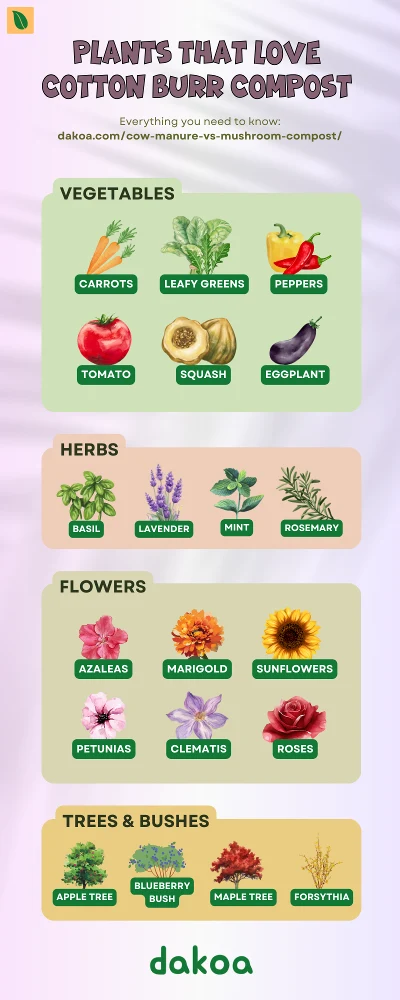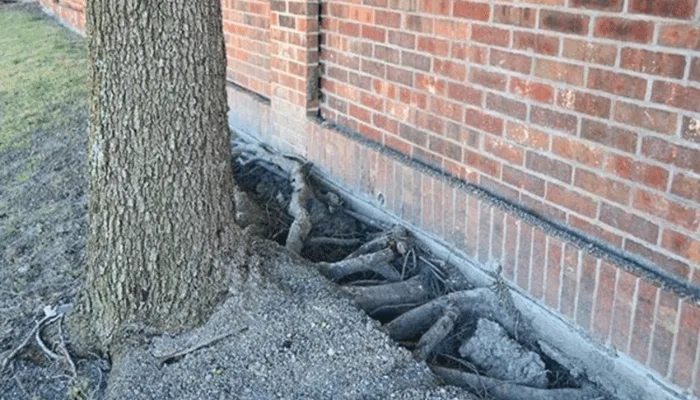Cotton burr compost, often called nature’s perfect soil conditioner, stands out in the organic gardening world for its exceptional ability to enhance soil structure. This powerful compost is derived from the husks of cotton seeds—the byproduct of the cotton gin process. Renowned for its high pH adaptation, this compost integrates seamlessly into sandy soils and heavy clay soil alike (making it very adaptable), promoting healthier plant growth and sustainable farming practices.
Why Choose Cotton Burr Compost?
Cotton burr compost excels as a soil amendment thanks to its excellent moisture-retention characteristics. It acts as a robust food source for beneficial soil organisms while simultaneously suppressing harmful pathogens. Whether you’re dealing with tight clay soils or poor tilth, this compost works to improve the conditions dramatically, fostering a more hospitable environment for a root ball of the plant.
Key Benefits for Gardeners and Farmers
- Enhanced Soil Fertility: Loaded with vital organic matter, cotton burr compost adds a significant amount of nutrients to the existing soil. It’s particularly beneficial in areas where chemical fertilizers were previously used, as it helps rebalance the natural ecosystem.
- Pest and Disease Control: The presence of beneficial microbes in the compost not only aids in nutrient absorption but also plays a critical role in organic pest control. This makes it a safer choice for productive gardens and farming industries aiming for organic certification.
- Soil Structure Improvement: Regardless of your soil type—be it loose sandy soils or dense clay—the compost works to modify the texture, enhancing aeration and water infiltration. This results in better root development and overall plant health.
- Acidity Management: For gardeners dealing with high pH soils, blending in materials like elemental sulfur can be necessary. Regular cotton burr compost can aid in this process, offering a gradual adjustment of soil pH, while specialized blends like BTE cotton burr blend provide additional acidification.

Practical Application Tips
- Set the Right Depth: Spread cotton burr compost at least one inch deep over the soil surface to enhance moisture retention and nutrient supply.
- Control Weeds: Use cotton burr compost to suppress weed growth. Its dense structure blocks sunlight necessary for weed seeds to germinate.
- Tailor to Soil Type:
- Clay Soils: Mix 2 to 3 inches of cotton burr compost into the top layer to improve soil structure.
- Sandy Soils: Increase the amount slightly to maximize moisture retention and nutrient stability.
- Plant Health Kick: Integrate cotton burr compost into the soil for an instant nutrient boost, promoting healthier and more vibrant plants.
- Avoid Stains: Cotton burr compost contains tannins that can stain concrete. Use a protective barrier or apply carefully near concrete surfaces to prevent stains.
- Layering for New Beds: When creating new garden beds, layer cotton burr compost between layers of existing soil and new topsoil. This layering technique can help integrate beneficial microbes and nutrients throughout the soil profile.
- Pre-planting Conditioning: Before planting new seeds or transplants, mix cotton burr compost into the planting holes or rows. This enriches the root zone directly, giving plants a strong start.
- Seasonal Top-Dressing: Apply cotton burr compost as a top-dressing to your garden and lawn in early spring or late fall. This not only feeds the soil but also builds up organic matter over time, leading to improved soil health.
- Mulching Around Perennials: Use cotton burr compost as a mulch around perennial plants. It will slowly break down, adding organic matter to the soil while helping to maintain consistent moisture levels and temperature.
- Compost Tea: Brew a compost tea by steeping cotton burr compost in water. This liquid solution can be used as a foliar spray or soil drench to provide a quick, nutrient-rich boost to plants during the growing season.
- Reconditioning Potted Plants: Mix cotton burr compost into the soil of potted plants during repotting. This rejuvenates the soil, providing fresh nutrients and improving drainage and air circulation.
Plants That Love Cotton Burr Compost
Cotton burr compost is highly beneficial for a wide range of plants, including flowers, vegetables, shrubs, and trees, particularly those that thrive in well-drained, nutrient-rich soil. Here’s a list of plants that do particularly well when grown in soil amended with cotton burr compost:
Vegetables
-
- Tomatoes: Benefit from the added calcium and good drainage.
- Eggplants: Benefit from enhanced nutrient availability and good drainage.
- Peppers: Enjoy the enhanced soil structure and nutrient content.
- Squash: Thrives with the improved moisture retention.
- Carrots: Do well in the loose soil that allows for better root growth.
- Leafy Greens: Such as spinach and lettuce, appreciate the cooler, nutrient-rich soil conditions.
Herbs
- Basil: Enjoys the warm, nutrient-rich soil for quick growth.
- Lavender: Benefits from the good drainage provided by cotton burr compost.
- Mint: Spreads well and remains vibrant with ample nutrients and moisture.
- Rosemary: Grows better in the loose, well-drained conditions.
Flowers
-
- Roses: Love the drainage and the nutrients that help them bloom.
- Azaleas: Thrive in the acidic environment cotton burr compost can help create.
- Marigolds: Benefit from the enriched soil, showing vigorous growth and vibrant blooms.
- Sunflowers:Nutrient boost supports their large structure and heavy seed production.
- Petunias: Flourish with the improved soil aeration and moisture retention.
- Clematis: Thrives in rich, well-draining soil for its vigorous growth.
Shrubs and Trees
- Rhododendrons: Like azaleas, they prefer slightly acidic soils which cotton burr compost can help maintain.
- Blueberry Bushes: Benefit greatly from the acidic conditions and organic matter.
- Apple Trees: Appreciate the improved soil structure and nutrient availability for better fruit production.
- Hydrangeas: Thrive with the moisture retention and nutrient-rich soil.
- Maple Trees: Gain from the overall improved soil conditions which support their growth.
FAQ: Cotton Burr Compost
What makes cotton burr compost an excellent food source for soil?
Cotton burr compost is rich in organic matter and beneficial minerals, providing a lot of nutrients that support healthy soil organisms and plant growth. It’s particularly effective in supplying slow-release nutrients that plants can absorb over time.
Can cotton burr compost help in controlling harmful organisms?
Yes, this compost promotes the growth of beneficial microbes that naturally suppress harmful organisms, reducing the need for chemical pest control and enhancing the overall health of the soil.
Is cotton burr compost good for all types of soils?
Absolutely. Cotton burr compost is versatile and works well as an organic soil builder in various soil conditions, from sandy to clay soils. It helps in the improvement of such soils by enhancing their structure and fertility.
How does cotton burr compost compare to peat moss?
While both are used for soil amendment, cotton burr compost offers a wider range of benefits including better moisture retention, nutrient supply, and it’s more sustainable than peat moss, which is a non-renewable resource.
What are the benefits of using nature’s best soil conditioners like cotton burr compost?
Cotton burr compost, often regarded as one of nature’s best soil conditioners, improves soil aeration, enriches the soil with organic matter, and helps maintain moisture levels, making it an ideal choice for healthy, vigorous plants.
How long does cotton burr compost last in the soil?
As one of the longest-lasting elemental acidifiers, cotton burr compost continues to benefit the soil for a long time, gradually improving the soil’s pH and nutrient profile.
Can cotton burr compost be used as mulch?
Yes, it serves as an excellent general-purpose mulch, helping to retain soil moisture, regulate soil temperature, and suppress weed growth, all while slowly releasing nutrients into the soil.
Are there any concerns with chemical residues in cotton burr compost?
Products like Murphy products’ earth composted cotton burrs are carefully processed to reduce any potential chemical residues, making them safe for organic gardening.
How much cotton burr compost do I need for my garden?
More To Discover
A general rule of thumb is to apply a couple of inches of compost over the entire area you wish to enhance, and then mix it into the top few inches of your existing soil. For specific measurements, a cubic foot of compost typically covers about 12 square feet when applied at a depth of one inch.
In conclusion, whether you’re amending a small garden plot or conditioning acres of farmland, cotton burr compost serves as an excellent choice for anyone looking to enhance soil fertility naturally. Its ability to improve various soil conditions, combined with its role in organic gardening, makes it an indispensable asset in the quest for greener, more productive gardens.


















